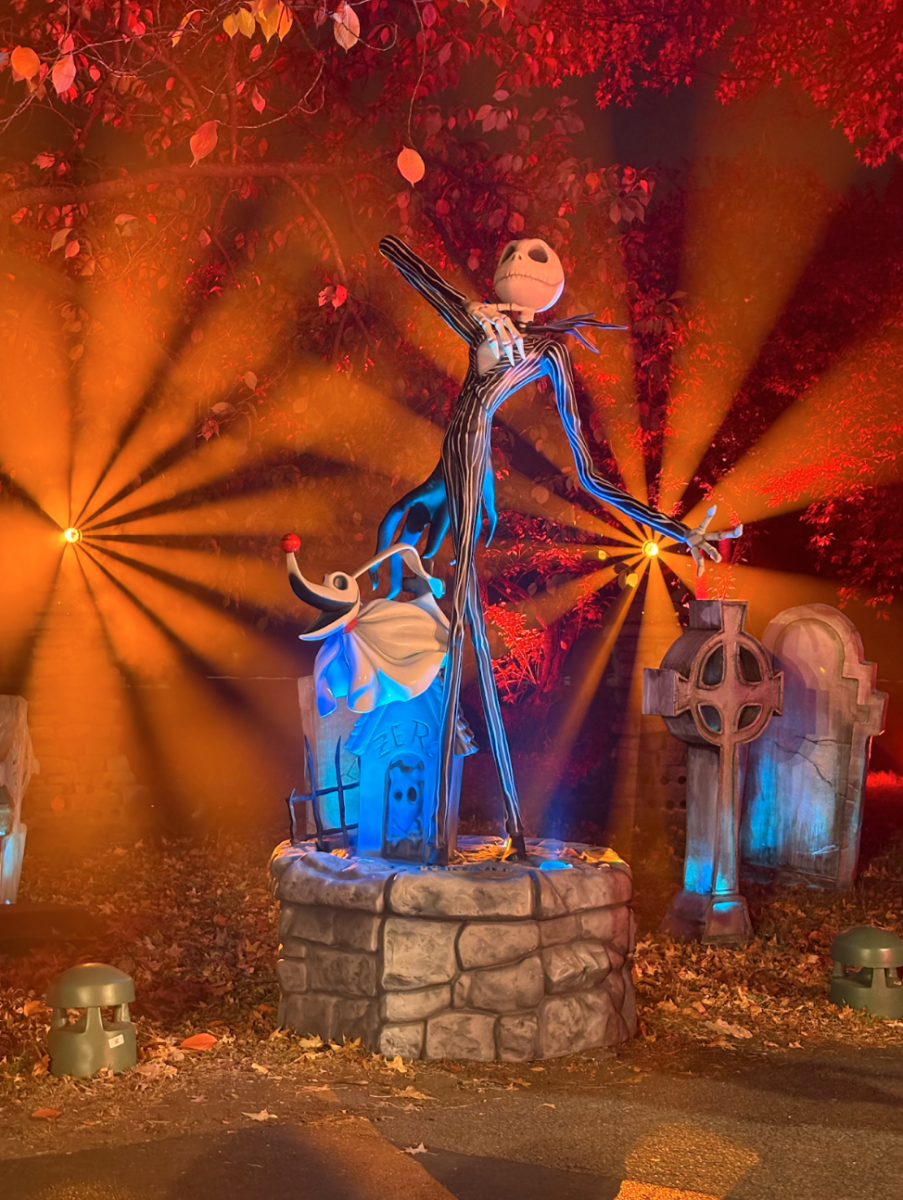If there are two defining qualities about me, they’re that I work for The Fordham Ram and that I’m a medieval studies major. Once I share that second piece of information, I always face the same point of inquiry.
“Why?”
It’s a common question faced by anyone who majors in something niche; Why would I spend years of my life studying a period of history that many disregard? My answers range from my belief in medieval people’s overwhelming humanity to a simple interest in the growth of Catholicism. But to say that those are the only reasons would be a bold-faced lie. In truth, my care and passion for the Middle Ages didn’t begin from a place of true academic interest; it came from a British Broadcasting Corporation (BBC) show released in 2008.
“Merlin” or “The Adventures of Merlin” is a retelling of the Arthurian legend that combines objectively fascinating adaptive choices with the ridiculous-looking CGI that the BBC used in the early 2010s. Where else can I consider whether the true Albion ever existed alongside a terrifying little blue creature with a long head and human face (Diamair — if you feel like a quick Google search)?
While I do love watching Arthur (Bradley James) swing a sword with Lancelot (Santiago Cabrera), Leon (Rupert Young), Percival (Tom Hopper), Gwaine (Eoin Macken) and Elyan (Tomiwa Edun), the show’s beating heart is its titular character, Merlin (Colin Morgan).
“Merlin” changes up the traditional story by introducing Arthur and Merlin to each other as young men. Merlin is sent to live in Camelot and work alongside the court physician Gauis (Richard Wilson). Merlin becomes Arthur’s manservant through a series of events that Merlin considers unfortunate, but others consider destiny. Their mutual dislike for each other eventually grows into a strong friendship.
However, one secret stirs beneath the surface for all five seasons of the show — Merlin’s magic. The average person probably thinks of Merlin as the bold sorcerer of Camelot, an old man with a long beard and a pointy hat, standing beside King Arthur. However, in “Merlin,” he stands behind him, nothing but a servant.
Despite the show’s comedic tone, there is a deep undercurrent of magical prosecution. The audience enters Camelot beside Merlin and watches as a proclaimed witch is burned at the stake at the behest of King Uther Pengradon (Anthony Head). Throughout the show, Merlin has to contend by using his magic to protect Arthur, knowing that if he ever found out, Merlin could be killed.
For most of the show, Arthur is not King Arthur Pendragon, the Once and Future King; he is Prince Arthur, trying to find out who he is and what kind of King and man he will be. The choices actor Bradley James makes bring sensitivity and gentleness that are not often seen in adaptations. Paired alongside classically trained Morgan’s Merlin, they turn these famous figures into something entirely their own.
I could wax poetic about Arthur’s dedication to keeping Merlin safe, or Merlin’s steadfast refusal to value his own life over Arthur’s, but instead I’ll leave you with a simple example of how this show turns the legend on its head.
In the fourth season, Arthur has become King, and Camelot is in trouble. The city is captured, and many of the citizens are on the run. Arthur cannot find it within him to believe he is anything more than a fraud.
Merlin has to find a way to make Arthur see that he is the true King of Camelot, so he tells him a story of the first king of Camelot, who put a sword in a stone to test whether his descendants were true kings. Merlin tells Arthur that if he can pull the sword out of the stone, he must be Albion’s true King.
This part of the legend is familiar, but in this version, Merlin is the one who put the sword in the stone, and it is his magic that releases it. He waits until he sees Arthur truly believe in himself before he loosens the sword, once again sidestepping the spotlight to give Arthur the strength he needs.
This idea, Merlin fighting tooth and nail to give Arthur a chance to come into his destiny, is the theme of the show. Merlin does everything in his power for five seasons to push Arthur to become who he is meant to be, without revealing his power.
His determination despite persecution is what gives the show the fire in its heart and what makes the ending so gut-wrenching. I won’t spoil it, but if you have any interest in stepping into a version of Camelot that is unlike any other, I can’t recommend “Merlin” more.






































































































































































































